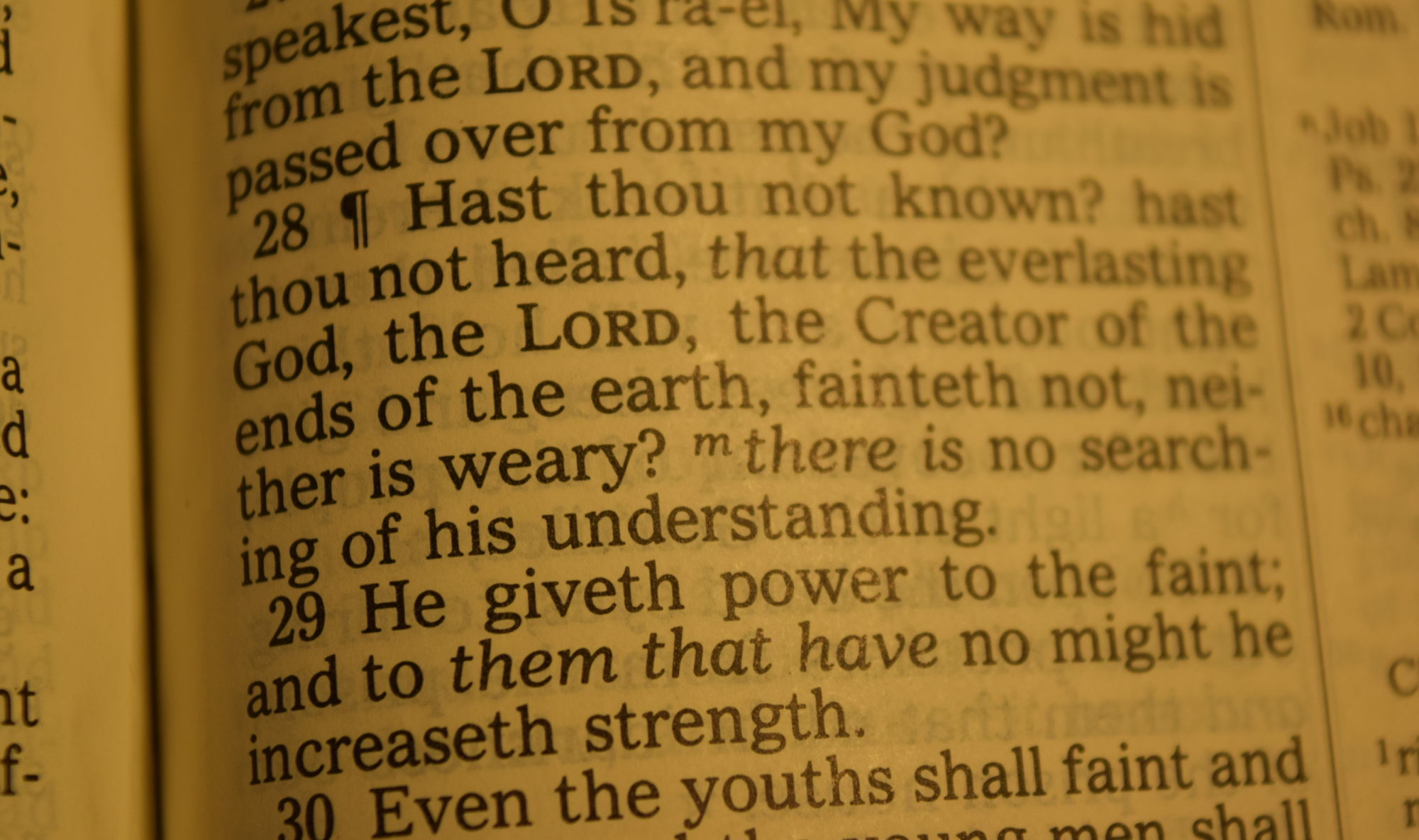
Years ago, I had a supervisor who would sing the line; Love is a Many Splendored Thing. As a growing Christian, God has been challenging and stretching me in the area of love (and it does not always feel so splendid). My love was conditional and comfortable. If I did not feel comfortable, then I was conditioned to cut off the person. However, as His daughter, God is teaching me how to be patient and kind as I love others. When God teaches us, He gives us opportunities to apply His Word to our lives.
In recent years, I have had several people abandon my relationship with them. Without warning, or a conversation, they stopped responding to texts, returning phone calls, or spending time together. God told me ahead of time that some of them would return and I needed to be prepared to receive them. I will tell you that the first time it did not go so well. I received the person but I had a wall up. I erected an imaginary boundary line that I would not let the person get pass. My thought was, ‘I will love you from over there.’
Six months later, it happened again. Someone else returned. This time, I was different. I knew that I could love the person without putting up a wall. God had been pruning the selfishness from me. I was showing love to those who were not loving to me. I was looking for ways to love people even when they shut a door, or actively attempted to harm me. I could rejoice that I was being transformed more and more into the image of Christ (not perfect but progressing).
As I attempted to explain the change to my prayer partner (who has seen me go through my “Ax-em” phase), I struggled to find the words to articulate the difference. As I studied the Bible, God gave me the guiding principle that He is working in me. I have heard many preachers speak on the Greek words that are all translated into love. Oftentimes, agape is considered the godly love and all of the other forms are humanly. While I will not get into each of the Greek words for love in this blog post, I would like to submit for your consideration that God Himself demonstrates different types of love.
Agape is defined as to love in a social or moral sense. It is a universal love and the deliberate assent of the will as a matter of principle, duty, or propriety. John 3:16 reads, For God so loved the world that He gave His only begotten Son, that whoever believes in Him should not perish but have everlasting life. God showed us agape love when He sacrificed Christ for us. God requires us to agape, as well. We are commanded to agape our enemies (Luke 6:27), in demonstrating Christian love (John 13:34), and in keeping Christ’s commandments (John 14:15). Agape is demonstrated, and commanded, throughout the Bible.
Phileo is another type of love that is prominent in the Bible. Phileo is to be a friend to, i.e. have affection for (denoting personal attachment), as a matter of sentiment or feeling. Phileo is chiefly of the heart while agape is of the head. Phileo is not just a love from human-to-human, but God also demonstrates phileo. In John 5:20, the Father phileo the Son. It reads, For the Father loves the Son, and shows Him all things that He Himself does; and He will show Him greater works than these, that you may marvel. Jesus told His disciples that because they have shown Him phileo, the Father phileo them (John 16:27). In John 21:15-17, Jesus questioned Peter three times about his love. The first two times, Jesus asked if Peter agape Him; the last time, He asked if Peter phileo. Each time Peter responded with phileo.
Phileo is a godly and human love. While we have a duty to agape God and our neighbor (Matthew 22:37-39), we are also able to have a phileo relationship with Him. In fact, Jesus warned us that if we phileo, our parents, our children, or our own lives more than Him, we are not worthy of Him (Matthew 10:37; John 12:25). The problem with phileo in humans is that when the emotions are not there, we do not always demonstrate love; that is why God calls us into agape. We should agape everyone, just as He agape everyone (Matthew 5:43-46).
I had always thought of agape as a love that was separate and by itself. Now, I believe the principle that God is working in me is that while agape can stand alone, it also needs to be the foundation for all of the other types of love. Agape brings stability and strength to phileo, eros (romantic love), and storge (familial love). If agape is not the foundation that the other loves are dependent and built on, they can become selfish and unstable.
For more on love, read The Least Of These
Share your thoughts and experiences in the comments section.
Subscribe to receive the latest posts in your inbox.
Copyright 2020 T.L. Lockley. All rights reserved.
Scripture taken from the New King James Version®. Copyright © 1982 by Thomas Nelson. Used by permission. All rights reserved.
Greek definitions taken from the Strong’s Exhaustive Concordance of the Bible. Public domain.

